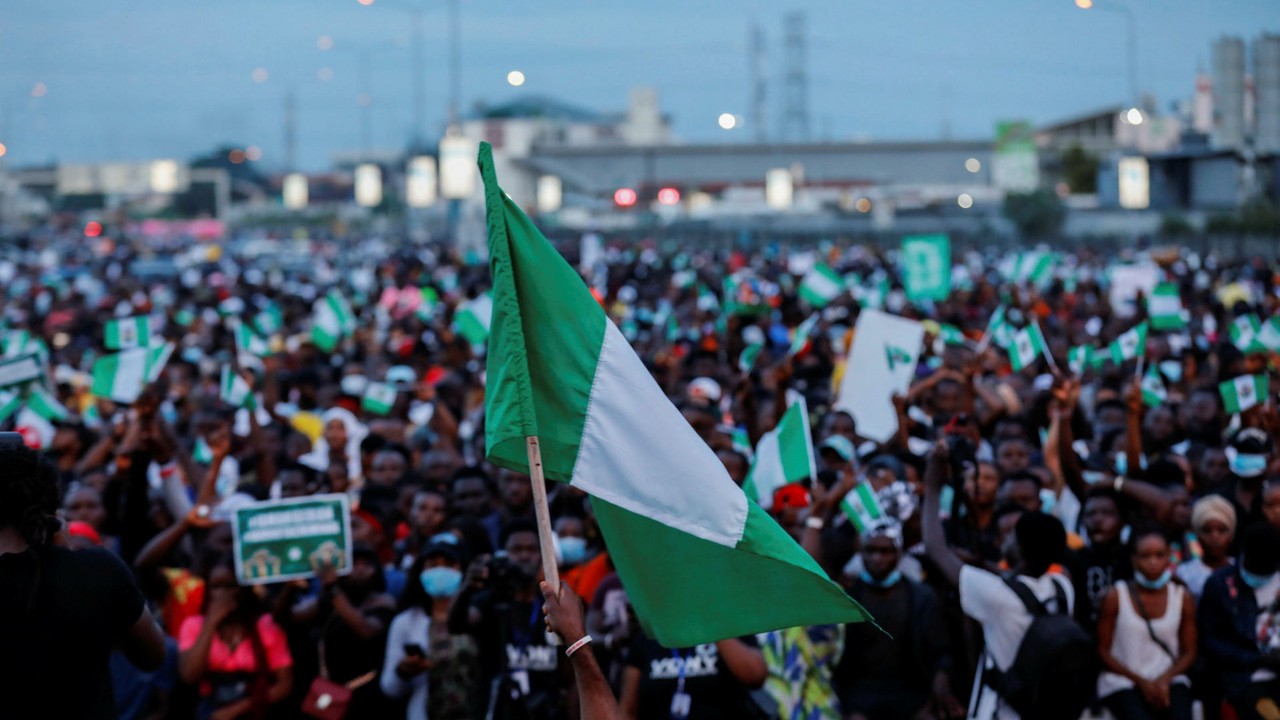


Nigeria and the Jericho syndrome
According to the Christian bible, after the Israelites conquered Jericho, Joshua placed a curse upon whoever ever considered its rebuilding. At the cost of his firstborn shall he lay its foundation, and at the cost of his youngest son shall he set up its gates, he said. Not so different, the endless travails of whoever tries to rebuild Nigeria. Umaru Musa Yar’Adua, being a most recent example on the part of leaders, while thousands of Nigeria have fallen under the heels of the wickedness of other self-seeking politicians, whose ambitions are deemed worthy of the blood of Nigerians.
Whoever considers rebuilding Nigeria from its foundations, if they do not lose their lives, lose financial security due to a deliberate network of greed. The reader is encouraged to try to remember the names of people who died as a result of election violence in the last election. It is possible that one will pull a blank if one is not a journalist, and even journalists will remember less than three names.
Alexander the Great once remarked, “I would rather live a short life of glory than a long life of darkness.” This is because the Grecian world accorded sacrifice for country its due value. This narrative is reflected in Christ’s day, saying, “There is no greater love than this: that a person would lay down his life for the sake of his friends.”
One could argue that the reason any life is worth laying down is because it will be remembered. Nigeria makes it such that to die for country is to be forgotten. Its annals of history are populated by genocidal leaders, self-seeking tribalists, and those who are actually remembered for their good works are so remembered because the light of their actions could not be put out by the amnesiac culture. This is why loyalty to country is lacking. Why would anyone want to die for a country that merely considers you a statistic?
Unless you are the President’s son in a power bike accident, medical care is promised to be sub-optimal. As long as you are the child of a Senator, buying a kidney is just another Tuesday. Nigeria deifies the inordinate and criminalises the hallowed.
To rebuild would require a generation of people who are fearless in the face of guns at Ozumba Mbadiwe. To rebuild Nigeria will require the press to not be the puppet sock of the powers that be. To rebuild Nigeria will require a portion of politicians to damn the consequences of election primaries, not kowtowing to godfathers for the sake of the people, the mission of liberation. To rebuild Nigeria would require a loss of many firstborns and last borns.
To rebuild Nigeria would require a culture of remembering the blood spilled for the cause of rebuilding. Until we attain this collective realisation, the Japa wave of young and old alike will be unending. Our churches and mosques will continue to pray to God for solutions he has put in our hands and hearts.
“The arc of the moral universe is long, but it bends towards justice,” Dr. Martin Luther King Jr. said some days to his death. And it did bend towards justice, and will continue to bend. We are full of hope for this cause. We need better leaders, but more importantly, we need better citizens.



